The fashion industry as we knew it no longer exists.
As global financial markets tumble, non-essential services close their doors around the world, and citizens are under government directives to self-isolate, the COVID-19 pandemic has brought humankind to a standstill.
In the fashion industry, brands have experienced immediate shocks to their supply chains and sales, luxury goods conglomerates stocks are down, and retailers struggle to keep workers on the payroll.
Fashion is an industry that runs on change with new trends, styles, and whole new ranges offered up every season. To meet those demands, it must keep the supply chain working at full steam to stitch up and ship out new fashions at breakneck speed.
Fast fashion is based on seasonal trends and occasion-driven purchases. Just like a cheeseburger, fast fashion is quick and novel, appealing but unhealthy for both the body and the environment.
With more and more people staying at home this year, having fewer events and nights out, there has been an opportunity to slow consumption and break the fast fashion cycle.
The pandemic has major repercussions for the world of fashion. That could be a good thing because fast fashion can be ecologically devastating.
The pandemic has had a deep impact on fashion and the art of dressing up. Sounds hard to believe. Well, and then consider the fact that even as the world struggles to cope with Covid-19, masks have been added to most wardrobes. And gloves seem next on the list.
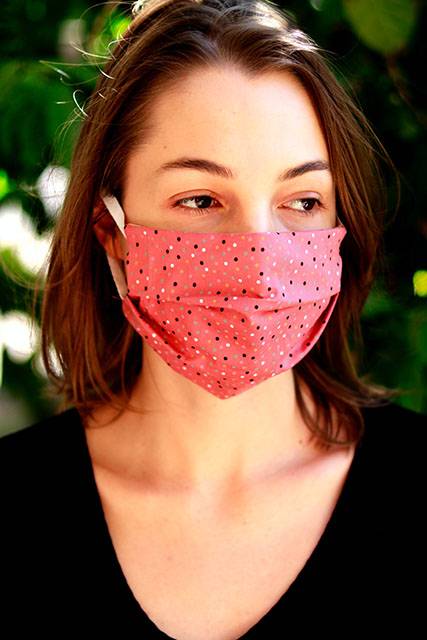
We have understood that a sick planet makes for sick people and the fashion industry cannot afford to make the planet any sicker. Quite the opposite, it can make the planet healthier by moving faster to meet the United Nations Sustainable Development goals.
The global coronavirus pandemic has brought sustainability to the fore.
As an immediate threat to everyone’s health, it demonstrates how fragile we are as human beings and how our future health and happiness depend on a healthy environment.
The best thing to come out of this very painful time is that we as individuals understand that our actions have societal consequences. While the virus is not directly related to sustainability, it is going to increase the focus on it.
There have been many positives that have resulted from the pandemic, which has forced us to step back and re-evaluate our priorities and values in life. Worldwide lockdowns have reduced pollution-causing emissions to fall, as there have been fewer vehicles on the roads and factories in operation.
Some countries have experienced clearer skies and improved air quality, which is a great relief for asthma and hay fever sufferers.
Many people have reconnected with nature and have a greater appreciation for the outdoors particularly green, open spaces such as the countryside and parks.
There has been a greater focus on exercising daily, eating healthier home-cooked meals, and taking vitamins to boost our immune systems.
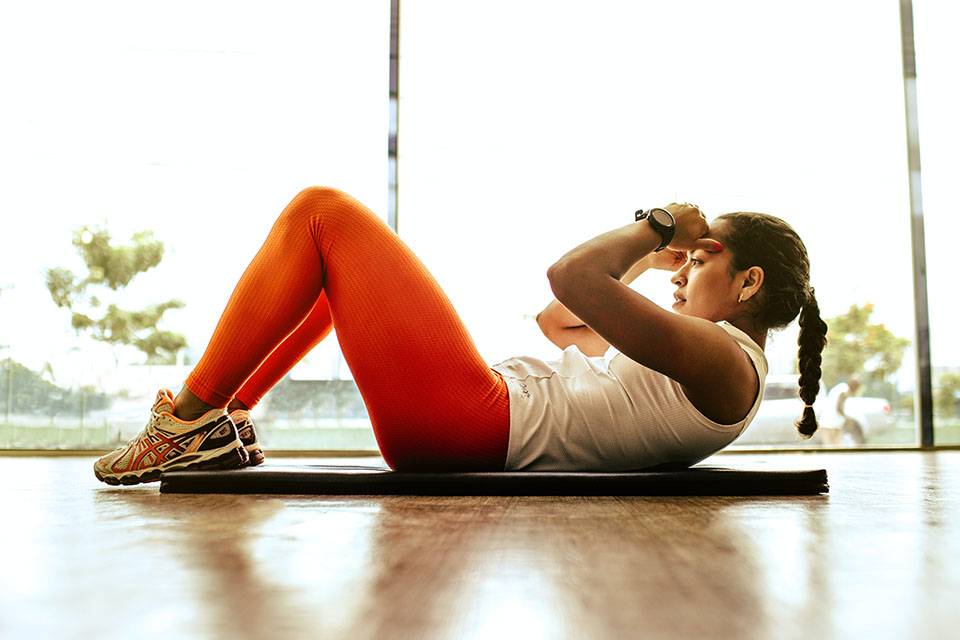
Consumers have also adapted their mindset to live with less and to make the most of what they already have. Sustainability may be the only way for the fashion industry to recover from staggering losses.
Nobody saw the pandemic coming, but the scenario across the globe has made people sit back and think about their choices, People will now go beyond the brands and look at the material to ensure that their choices are eco-friendly. While colors will go by the season, emphasis will be more on functional clothing.
Comfort clothing got a new lease of life during the lockdown and will continue to trend high even post it. Sitting home in t-shirts and track bottoms has made people realize the vanity of cupboards full of fancy clothes, bags, and shoes.
Seasonal trends will continue to disappear as designers will focus more on classic items that can be worn year-round and stay longer on store shelves.
Covid 19 presents an opportunity for reconceptualization and retaining of designers but also consumers. Designers will have to start thinking smaller – not a 60-piece collection but maybe a 20-piece collection, that is beautiful and wearable, which is made with less waste and by workers who are treated fairly.
This push will be buoyed by a growing demand among consumers, particularly the highly intelligent and ethical Generation Z who will opt for ethical and sustainable fashion.
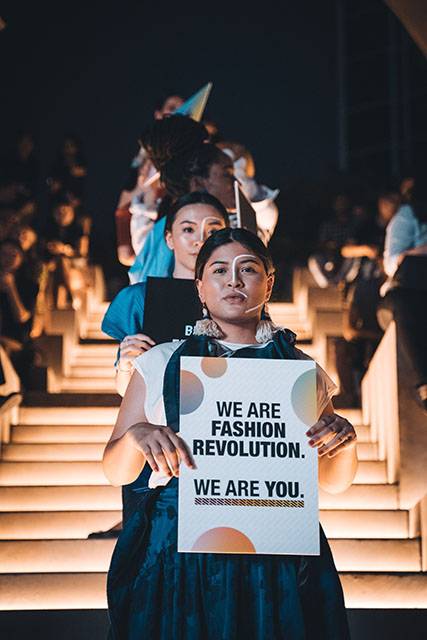
Any fashion brand is only as good as the talent it can attract, and the fashion talent of the future are going to want to work for fashion companies that make sustainability and social responsibility a priority.
And for the next wave of employees, hopefully, this is going to be non-negotiable. They will make choices on where to work, just like consumers do about which brands to buy. Today, both consumers and employees are looking for purpose-built companies.
Covid 19 is not all doom and gloom. Fashion’s impact on the environment — the amount of carbon it produces, the millions of liters of dye that pollute the world’s waterways, its contributions to soil erosion and biodiversity loss — has already dropped sharply this year. Labels are already producing fewer, smaller collections over the next few quarters, even years. Having seen the risks of a global supply chain, brands will reinvest in local manufacturing, furnishing new jobs and skills.
We are on the cusp of a mass awakening in consciousness and in a movement to raise awareness of the power in our purchases.
As fashion sits at the intersection of art and utility, it has the power and responsibility to create a beautiful solution post-COVID-19 that helps to stitch back together communities that are healthier, stronger, and more artistic.
This shows that perhaps this might be the time not to question when fast fashion will recover, but how and if it can change in a way that allows for a sustainable future. Also, how do we as consumers, with our knowledge of its economic and ethical failing, want to contribute to this system with our buying choices?
But I do not think fast fashion will end. There will always be a customer wanting clothes both fast and affordable. However, I do think the pandemic and increased awareness around the climate crisis will convert more fast fashion consumers into sustainable consumers who buy less and buy smarter.
RELATED TOPICS:#Apparel,Sanjay Lal
Leave a comment
Our email address will not be published. Required fields are marked *



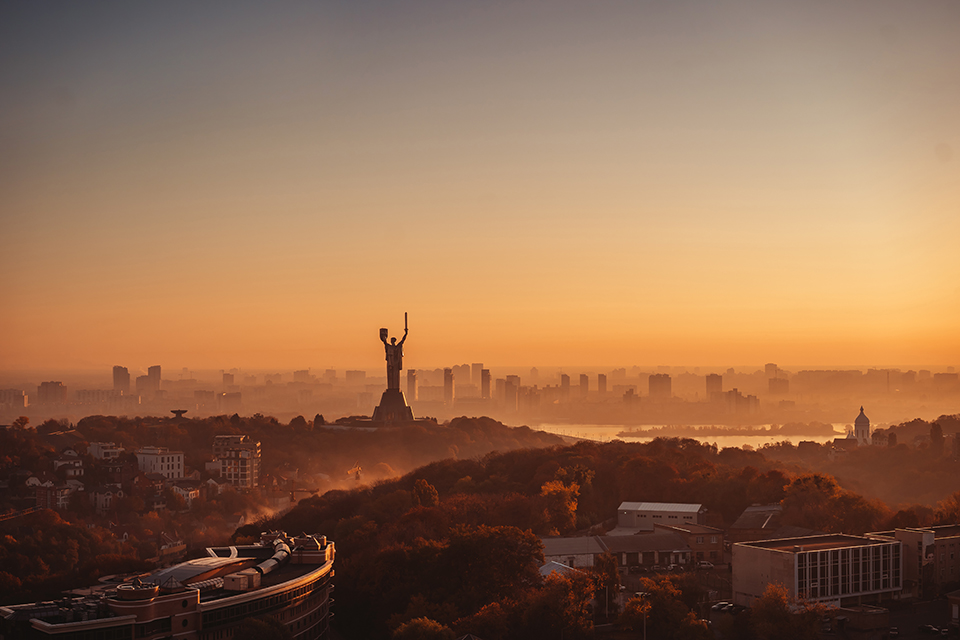
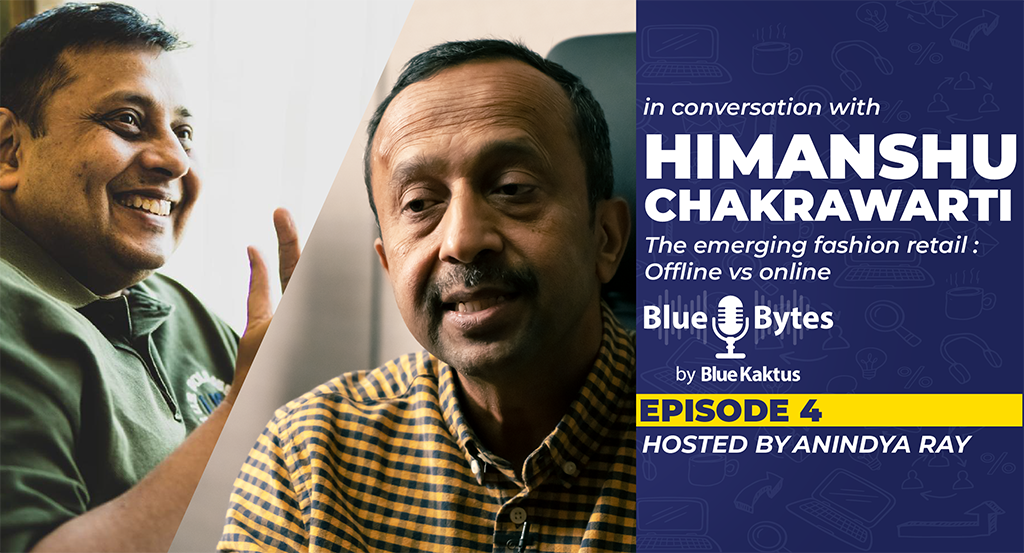
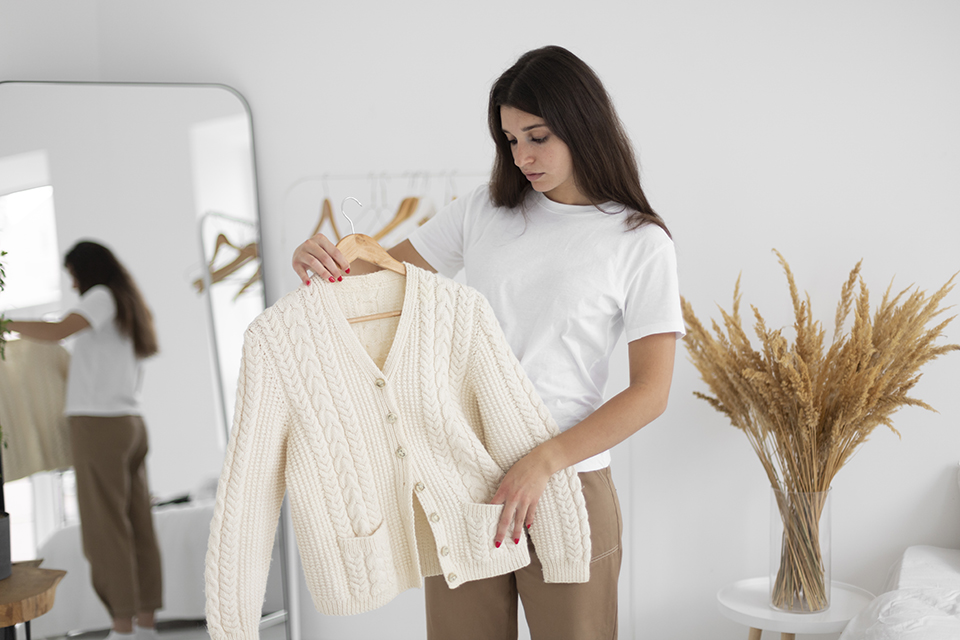

7 Comments
Aarti soodFeb 20, 2021 at 14:36 pm
Well written and researched article.I personally feel that d covid has not brought all gloom and doom..as they say every cloud has a silver lining..d emphasis on comfort clothing has led to sustainability..which further laid d emphasis on minimalism.However sanjay I feel tat ur next article should emphasize on d solutions to d present problems related to all industries..
Pramod KrishnaFeb 16, 2021 at 14:40 pm
Mr Lal!! You have written very welll. Fashion and humans have a great emotional relationship. In our country fashion has a great history since Sindhu ghati civilisation. Fashion and new trends will remain always, only the question is: condition of poor weavers and tailors. Day by day their conditions are deteriorating and they are living their lives in the worst atmosphere. Suddenly out of the way,I wish to ask these big-brands. Why are they spending so much budget on these “Billionaires MODELS” , Instead they could spend some on these poor weavers/tailors as well.They are always increasing their Advertising budget and trying to cut on the production-costs. Resulting on a compromise in the quality of the product. They simply put a tag: DONT HAND WASH or ONLY DRY CLEAN?
PoojaFeb 11, 2021 at 17:19 pm
Brilliant & beautifully illustrated article about the impact of pandemic on the fashion industry. Lounge wear is the most preferred clothing now. Also,the concept of 3R's(reduce,resuse & recycle) is well understood by the people and to some extent it has been put into practice. This has proved as a blessing in disguise for our Planet.
PrateekFeb 08, 2021 at 17:55 pm
Very well articulated description of post Covid scenario. As a result of pandemic many new avenues have emerged for sourcing of skill, material and human resources. However, I feel that like hospitality business even fashion industry will also face ‘Revenge’ acquisition by consumers which will revigourate this industry.
Bindu CGFeb 06, 2021 at 15:26 pm
True description of todays reality .....we have learnt to live happily with what we have and fashion, brands and fancy products have taken back seat over comfortable clothes. Good insights. Congratulations. Nice article
Anurag PrasharFeb 06, 2021 at 13:01 pm
The world has changed forever! Excellent article. Shows author's deep insight into the industry.
Kalyan PaulFeb 06, 2021 at 10:42 am
Nice read and hope you are right about people changing...